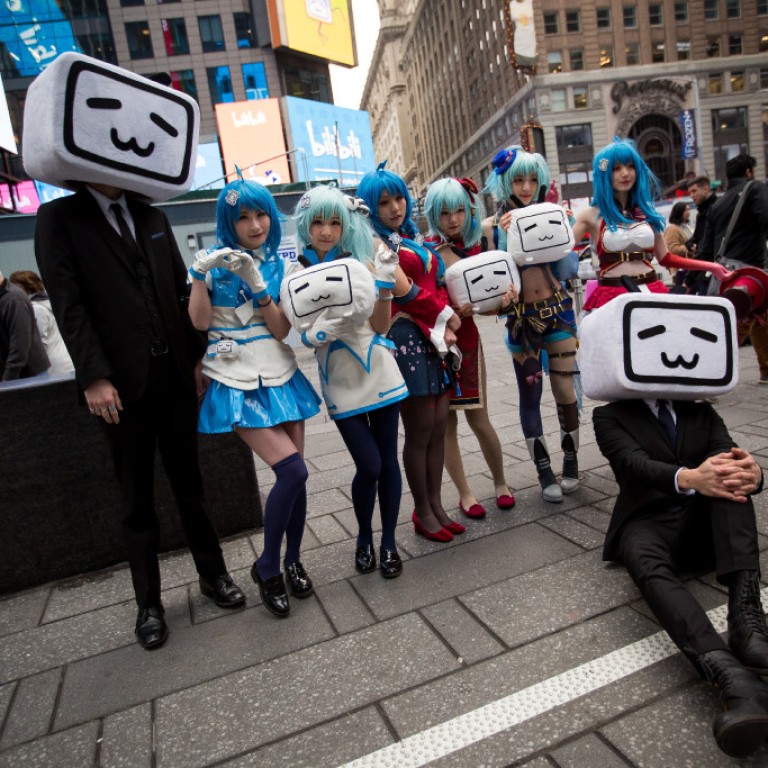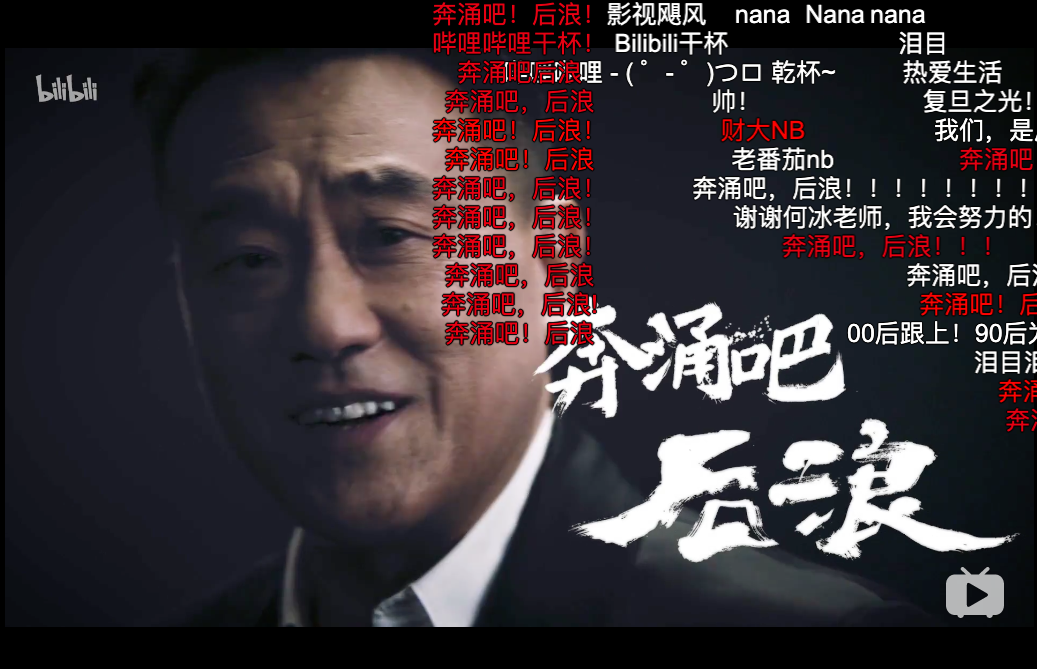
Young Bilibili users balk at video celebrating their ‘rights’ and opportunities in China
A Youth Day video on the streaming site best known for anime shows actor He Bing telling young viewers that he envies the rights they have in China today
Video streaming site Bilibili has largely grown its popularity by appealing to younger users, especially anime fans. But a new campaign on the site meant to compliment its young users is backfiring.
For China’s Youth Day on May 4th, Bilibili released a motivational video featuring 52-year-old actor He Bing talking about all the opportunities and rights young people have in China now. Titled “The Rear Waves: Bilibili’s speech for the new generation”. the video alludes to a Chinese idiom: “The rear waves of the Yangtze River drive on those that came before.”
For many young people in China, though, the video’s message just serves as a reminder of what they don’t have as the country’s economy has slowed and online censorship has tightened in recent years.

Many comments on the video were supportive, calling the video inspiring and moving. So far, the video has racked up more than 6.8 million views on Bilibili. It’s also been widely shared on other social media platforms, including Weibo and WeChat.
“Young people can’t talk and have to use abbreviations. Young people have to change their lyrics to sing on a program. Young people want to create and discuss but are silenced. Young people learned to self-censor in this kind of culture,” reads one comment that drew nearly 25,000 likes. “Flow swiftly? More like drift along in a canal that you carved.”
Others used the opportunity to vent their frustrations.
“How about cutting housing prices and raising salaries for the rear waves? The rear waves are drying out,” reads another popular comment that received more than 17,000 likes.
And one user responded on WeChat with a speech similar in style to the one in the video. But this one was titled “A speech to the older generation.”
The story of China’s Great Firewall, the world’s most sophisticated censorship system
“I look at you, full of envy … freely access Google and Wikipedia, and touch the world’s pulse with your own hands,” the user says in the post, referring to a brief period in China before popular Western websites were blocked by the Great Firewall.


